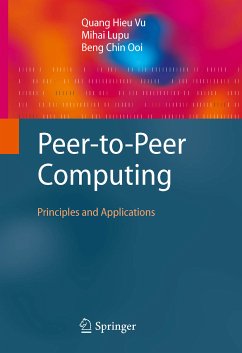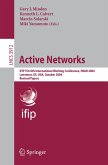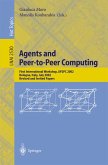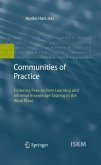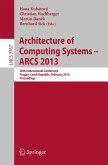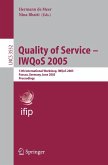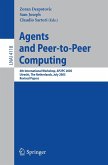Peer-to-peer (P2P) technology, or peer computing, is a paradigm that is viewed as a potential technology for redesigning distributed architectures and, consequently, distributed processing. Yet the scale and dynamism that characterize P2P systems demand that we reexamine traditional distributed technologies. A paradigm shift that includes self-reorganization, adaptation and resilience is called for. On the other hand, the increased computational power of such networks opens up completely new applications, such as in digital content sharing, scientific computation, gaming, or collaborative work environments.
In this book, Vu, Lupu and Ooi present the technical challenges offered by P2P systems, and the means that have been proposed to address them. They provide a thorough and comprehensive review of recent advances on routing and discovery methods; load balancing and replication techniques; security, accountability and anonymity, as well as trust and reputation schemes; programming models and P2P systems and projects. Besides surveying existing methods and systems, they also compare and evaluate some of the more promising schemes.
The need for such a book is evident. It provides a single source for practitioners, researchers and students on the state of the art. For practitioners, this book explains best practice, guiding selection of appropriate techniques for each application. For researchers, this book provides a foundation for the development of new and more effective methods. For students, it is an overview of the wide range of advanced techniques for realizing effective P2P systems, and it can easily be used as a text for an advanced course on Peer-to-Peer Computing and Technologies, or as a companion text for courses on various subjects, such as distributed systems, and grid and cluster computing.
In this book, Vu, Lupu and Ooi present the technical challenges offered by P2P systems, and the means that have been proposed to address them. They provide a thorough and comprehensive review of recent advances on routing and discovery methods; load balancing and replication techniques; security, accountability and anonymity, as well as trust and reputation schemes; programming models and P2P systems and projects. Besides surveying existing methods and systems, they also compare and evaluate some of the more promising schemes.
The need for such a book is evident. It provides a single source for practitioners, researchers and students on the state of the art. For practitioners, this book explains best practice, guiding selection of appropriate techniques for each application. For researchers, this book provides a foundation for the development of new and more effective methods. For students, it is an overview of the wide range of advanced techniques for realizing effective P2P systems, and it can easily be used as a text for an advanced course on Peer-to-Peer Computing and Technologies, or as a companion text for courses on various subjects, such as distributed systems, and grid and cluster computing.
Dieser Download kann aus rechtlichen Gründen nur mit Rechnungsadresse in A, B, BG, CY, CZ, D, DK, EW, E, FIN, F, GR, HR, H, IRL, I, LT, L, LR, M, NL, PL, P, R, S, SLO, SK ausgeliefert werden.

